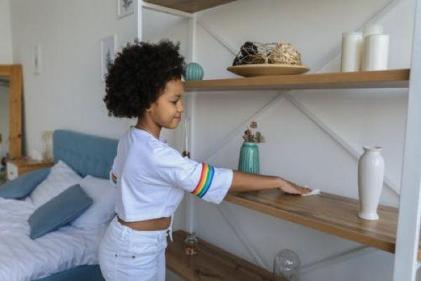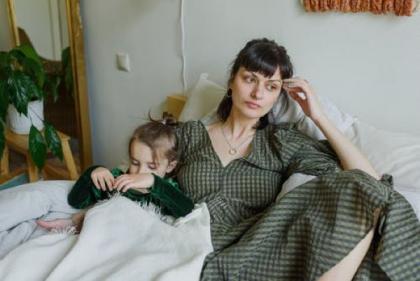To broaden your preschooler's knowledge of colour, have her point out different colour objects when you are sitting at home, or walking outside. Get her to name the colours you are pointing, as well as find objects around her that match the colour you mention.
If your child grows bored of this game quickly and gets the answers correct, then her colour recognition skills are good. If your child has trouble learning the different colours, integrate colour recognition into everyday conversation, by using remarks like, “look, that boy is drinking green milkshake.” If your child gets a colour wrong, do not be harsh or hasty in correcting her, use an encouraging tone. You can even test your child's colour knowledge by deliberately pointing out an object and describing its colour incorrectly. Your child will enjoy telling you that you are wrong and provide the right answer.
If you find that your child keeps getting a certain colour mixed up with another, such as describing green objects as brown, then she could be suffering from colour blindness. A paediatric optometrist can do a vision test on your child and diagnose any colour problems early. This will allow for teachers to work around the colour deficiency problem, without it interfering with your child's learning ability.
If your child grows bored of this game quickly and gets the answers correct, then her colour recognition skills are good. If your child has trouble learning the different colours, integrate colour recognition into everyday conversation, by using remarks like, “look, that boy is drinking green milkshake.” If your child gets a colour wrong, do not be harsh or hasty in correcting her, use an encouraging tone. You can even test your child's colour knowledge by deliberately pointing out an object and describing its colour incorrectly. Your child will enjoy telling you that you are wrong and provide the right answer.
If you find that your child keeps getting a certain colour mixed up with another, such as describing green objects as brown, then she could be suffering from colour blindness. A paediatric optometrist can do a vision test on your child and diagnose any colour problems early. This will allow for teachers to work around the colour deficiency problem, without it interfering with your child's learning ability.



